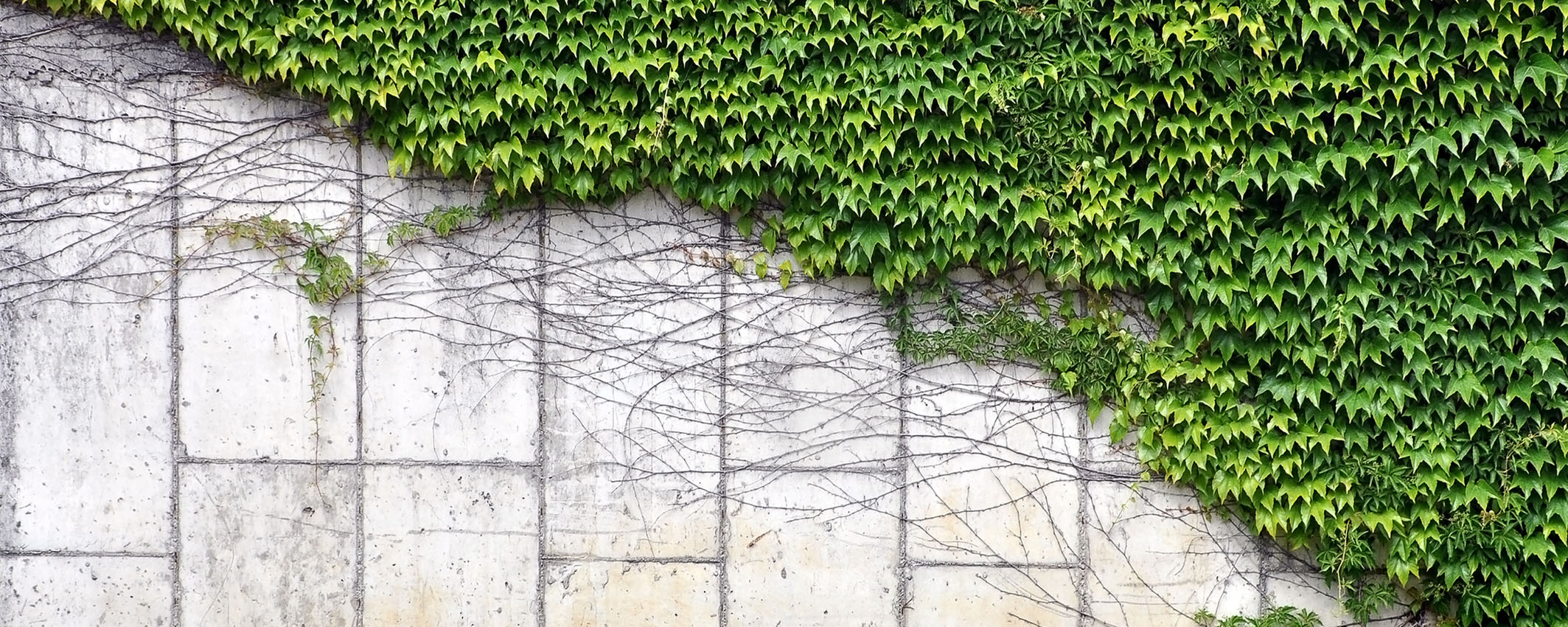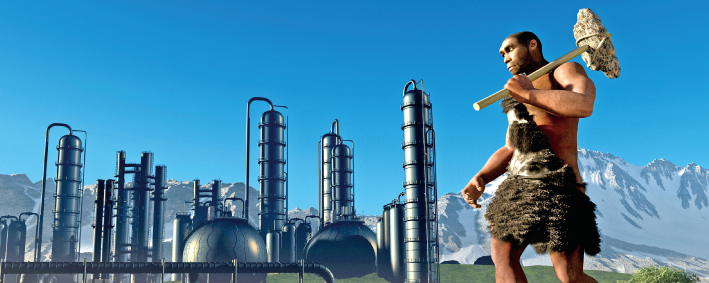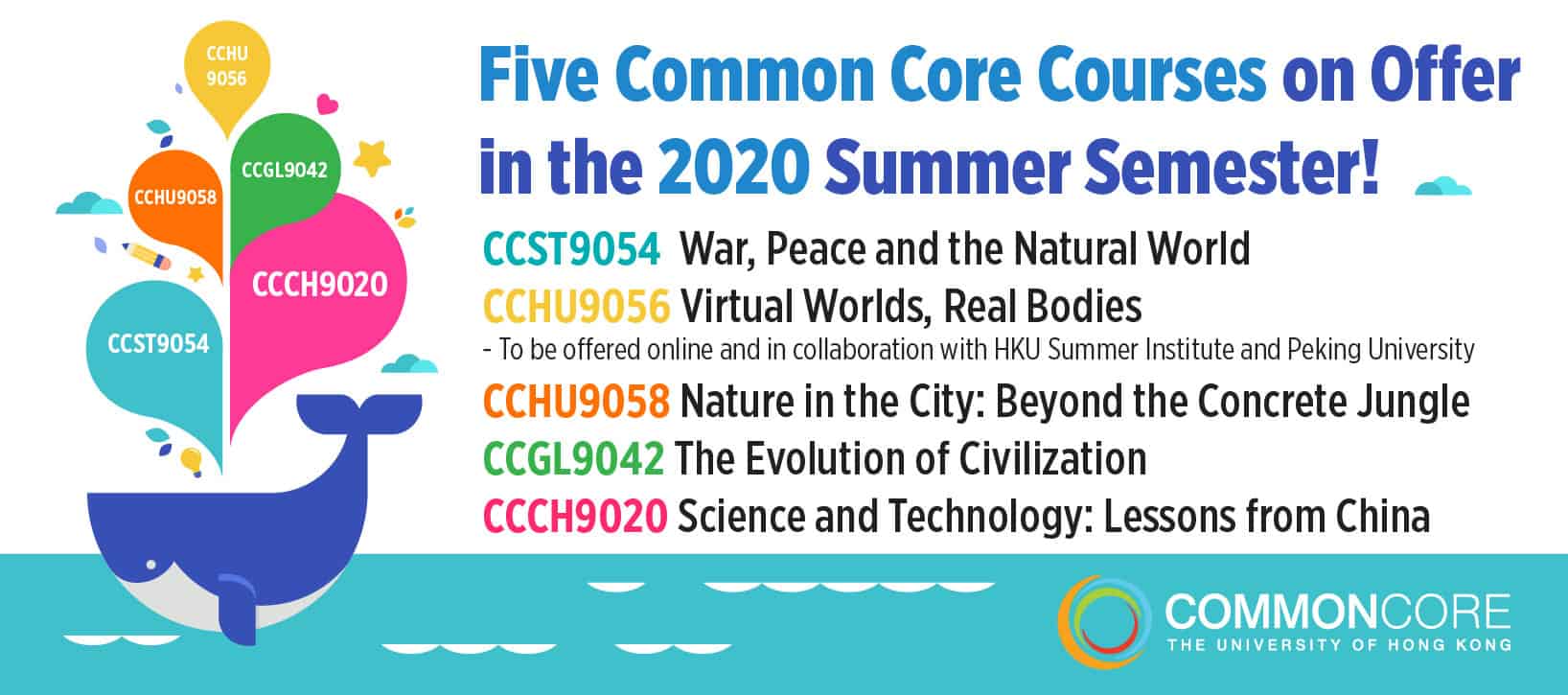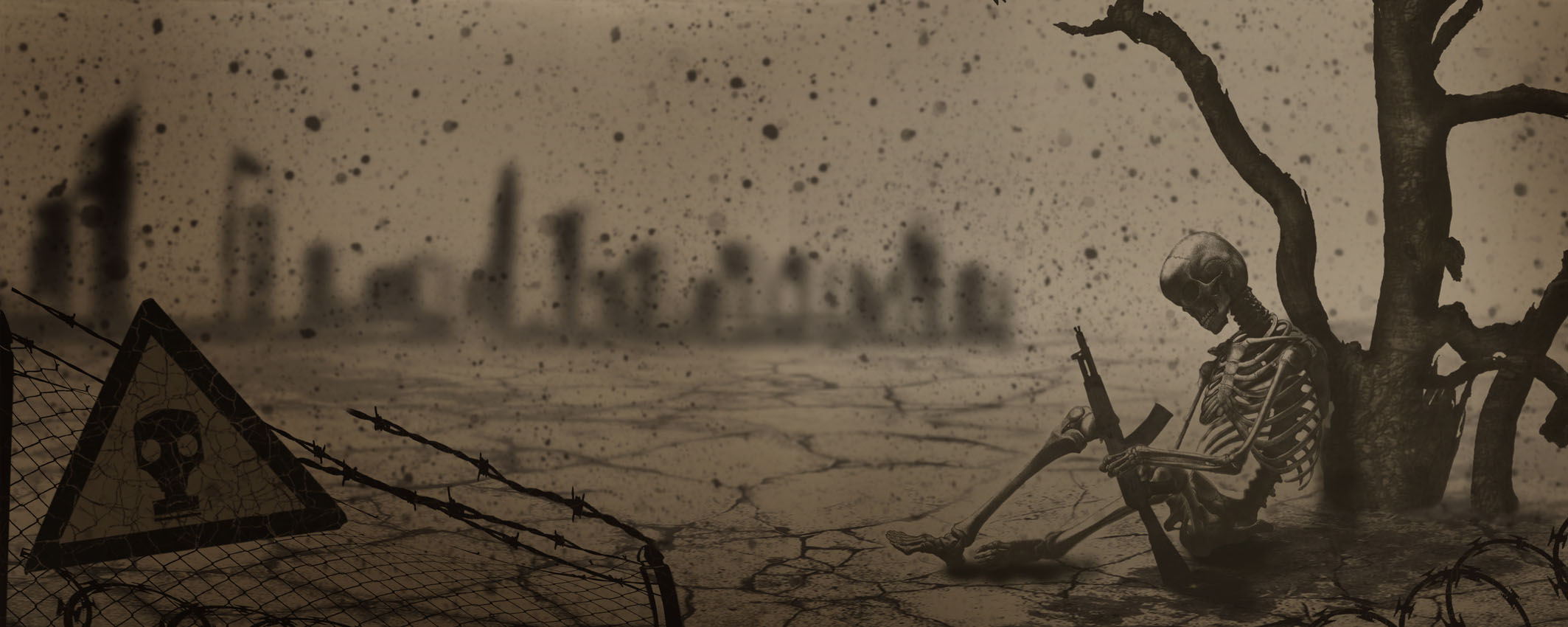Common Core Courses on Offer in the 2020 Summer Semester
 |
CCHU9058 HumanitiesNature in the City: Beyond the Concrete Jungle[This course is under the thematic cluster of ‘Sustaining Cities, Cultures, and the Earth’.] |
[This is a certified Communication-intensive (CI) Course which meets all of the requirements endorsed by HKU’s Senate, including (i) the teaching and assessment of written, visual and digital communication ‘literacies’; and (ii) at least 40% of the course grade assigned to communication-rich assessment tasks.]
Course Description
Nature and the city are frequently, but not always, in conflict. This course explores our relationship with the natural environment using the urban built infrastructure, cultural habits and traditions, and the creative arts to provide a framework for the students’ exploration of the intersection between the natural world and our urban environment
- Survey – The human relationship with nature in the urban context:
First, we will look for evidence of nature in the city, at different scales, and observe both our attempts to replicate or enhance nature and our attempts to exclude or suppress it (both of which are often unsuccessful). - Analysis – How that relationship influences the form of the city:
We will then critically explore the relationship between development and nature in the urban context, using an understanding of natural laws to investigate how cultural traditions, perceptions, and meanings, and the realities of urban infrastructure, lifestyle and economics, complement or flout those laws. - Design – Using an understanding of that relationship as a basis for articulating issues and ideas:
Finally, we will apply our observations and understanding of nature in the city to develop techniques, analyses, and metaphors, to illustrate and communicate issues related to other disciplines and to a variety of public stakeholders.
The course assignments include the production of a group video and a metaphorical poster, however artistic experience or ability is not a pre-requisite of the course. Support and guidance for these elements will be provided as part of the course lectures, tutorials and demonstrations.

Course Learning Outcomes
On completing the course, students will be able to:
- Understand issues related to nature in the city, the historical relationship between human activity and nature in the urban context, and the spectrum between ‘artificial’ and ‘natural’ and articulate the complex relationship through written forms.
- Articulate the contradictions and expectations in the relationship between us and nature and present them visually.
- Demonstrate how to contextualize these understandings in the students own disciplinary studies, using metaphor, analogies and illustrative skills through visual forms e.g. metaphorical.
Offer Semester and Day of Teaching
Summer Semester
Jun 29 – Jul 24, 2020
Tue and Thu (10:00 am – 1:00 pm)
Study Load
| Activities | Number of hours |
| Lectures | 16 |
| Tutorials | 8 |
| Fieldwork / Visits | 3 |
| Demonstration | 3 |
| Interactive games | 3 |
| Peer evaluation | 3 |
| Reading / Self-study | 10 |
| Assessment: Essay / Report writing | 30 |
| Assessment: Group video production and presentation | 20 |
| Assessment: Poster | 40 |
| Total: | 136 |
Assessment Ratio: 100% coursework
| Assessment Tasks | Weighting |
| Tutorial participation | 10 |
| Group video presentation | 20 |
| Individual assessment: Written opinion piece | 30 |
| Poster | 40 |
Required Reading
- Altman, I., & Chemers, M. M. (1980). Culture and environment. Brooks/Cole Publishing Company. [Chap. 2]
- Cronon, W. (1996). Uncommon ground: Rethinking the human place in nature. W.W. Norton & Company. [Introduction]
- Lima, M. (2014). The book of trees: Visualizing branches of knowledge. New York: Princeton Architectural Press.
- Weisman, W. (2007). The world without us. Thomas Dunne Books, St. Martin’s Press, New York. [Chaps. 3, 7]
Recommended Websites
Recommended Reading
- Corlett, R. T. (1997). Human impact on the flora of Hong Kong Island. In N. G. Jablonski (Ed.), The changing face of East Asia during the Tertiary and Quaternary (pp.400-412). Proceedings of the Fourth Conference on the Evolution of the East Asian Environment. Centre of Asian Studies, The University of Hong Kong.
- Fiennes, P. (2017). Oak and ash and thorn. London: Oneworld Publications. [Chap. 10]
- Hageneder, F. (2001). The heritage of trees, history, culture and symbolism. Edinburgh: Floris Books.
- Harare, Y. N. (2011). Sapiens: A brief history of humankind. London: Vintage. [Chap. 5]
- McHarg, I. L. (1964). The place of nature in the city of man. The Annals of the American Academy of Political and Social Science, 352(1), 1-12.
- Owen, B., & Shaw, R. (2007). Hong Kong landscapes: Shaping the Barren Rock (HKU Press Digital Eds.). Hong Kong: Hong Kong University Press.
- Swanwick, C., Dunnett, N., & Woolley, H. (2003). Nature, role and value of green space in towns and cities: An overview. Built Environment, 29, 94-106.
- Swyngedouw, E., & Kaika, M. (2000). The environment of the city… or the urbanization of nature. A Companion to the City, 567-580.
- Wang Shaoqiang (Ed.) (2015). Look at Me! New Poster Design. Sandu Publishing Co., Ltd.
Course Co-ordinator and Teacher(s)
| Course Co-ordinator | Contact |
| Mr G.S. Coates Department of Architecture, Faculty of Architecture |
Tel: 3917 5140 Email: gscoates@hku.hk |
| Teacher(s) | Contact |
| Mr G.S. Coates Department of Architecture, Faculty of Architecture |
Tel: 3917 5140 Email: gscoates@hku.hk |
 |
CCGL9042 Global IssuesThe Evolution of Civilization |
[This is a certified Communication-intensive (CI) Course which meets all of the requirements endorsed by HKU’s Senate, including (i) the teaching assessment of oral and visual communication ‘literacies’; and (ii) at least 40% of the course grade assigned to communication-rich assessment tasks.]
Course Description
This course will draw on economics, evolutionary theory, and psychology to address the key issues:
- How did humans go from relatively isolated tribal life to an increasingly cooperative, interconnected, globalized world?
- How can our knowledge of human nature and past progress be used to help solve major societal challenges?
The theme of this course is that natural selection is a useful framework for understanding how humans have progressed from subsisting in relatively isolated groups to where individuals are highly specialized in their productive efforts and highly integrated with the entire world through globalization. The course will explore how this progression may be the result of genetic selection, but likely more the result of selection acting on ideas, or memes, rather than genes, but in an analogous manner.
Through an understanding of human evolution, the origin of economic development will be explored. Combined with the psychological perspective of understanding the individual, we attempt to shed light on how complex civilization has come into existence. Lectures will ask one or two main scientific questions and then focus on answering them, showing the types of evidence that can be used to address the question and the logical progression of ideas.

Course Learning Outcomes
On completing the course, students will be able to:
- Demonstrate an understanding and awareness of the various domains of human progress.
- Describe and explain the basic principles of evolutionary theory as a model for human progress.
- Demonstrate an understanding of how trade and specialization are central to human advancement.
- Apply knowledge and understanding of evolutionary theory, psychology, and the scientific method to solving several societal problems.
- Develop and demonstrate ability to speak effectively, display data in graphs, and convey messages by integrating text and graphics.
Offer Semester and Day of Teaching
Summer Semester
Jun 29 – Jul 27, 2020
Mon, Wed & Fri (4:30 pm – 6:20 pm)
Study Load
| Activities | Number of hours |
| Lectures | 24 |
| Tutorials | 14 |
| Reading / Self-study | 62 |
| Assessment: Presentation (incl preparation) | 20 |
| Total: | 120 |
Assessment: 100% coursework
| Assessment Tasks | Weighting |
| Class discussion | 30 |
| Poster | 40 |
| In-class quizzes | 30 |
Required Reading
- Ridley, M. (2010). The rational optimist: How prosperity evolves. New York: Harper.
Recommended Reading
- Harari, Y. (2014). Sapiens: A brief history of humankind. Harper Perennial.
Course Co-ordinator and Teacher(s)
| Course Co-ordinator | Contact |
| Dr L.W. Baum Li Ka Shing Faculty of Medicine |
Tel: 2831 5106 Email: lwbaum@hku.hk |
| Teacher(s) | Contact |
| Dr L.W. Baum Li Ka Shing Faculty of Medicine |
Tel: 2831 5106 Email: lwbaum@hku.hk |
 |
CCCH9020 China: Culture, State and Society
|
Course Description
In spite of the vast and superior knowledge possessed by the ancient Chinese relative to the rest of the world, China did not develop into a dominant technoculture. This course will explore some of the lesser known inventions and scientific development in ancient China and factors that caused China to fall behind the West in technological development. The contents of the course include perception of the material world in ancient China, early Chinese views of the universe, earth and nature, changes in the perception of these entities over time, scientific inventions and theories of ancient China, and the linkage between science, art and literature in China. Guest speakers will give insights on specific areas of technological advancement in ancient China.

Course Learning Outcomes
On completing the course, students will be able to:
- Give an account of the extent of scientific achievements in ancient China and explain the social-environmental background governing the development of science and technology in ancient China.
- Deliver an in-depth account on why western style science did not flourish in China.
- Give a critical comparison of the approach and inquiry methods used by scholars in ancient China and in modern scientific studies.
Offer Semester and Day of Teaching
Summer semester
Jul 27 – Aug 21, 2020
Mon, Wed, & Fri (10:30 am – 12:20 pm)
Study Load
| Activities | Number of hours |
| Lectures | 20 |
| Tutorials | 8 |
| Reading / Self-study | 80 |
| Assessment: Essay / Report writing | 20 |
| Assessment: Debate presentation (incl preparation) | 20 |
| Total: | 148 |
Assessment: 100% coursework
| Assessment Tasks | Weighting |
| Book / Article analysis | 30 |
| Lecture recap / Discussion / Hands-on work | 10 |
| In-class quizzes | 20 |
| Final project | 40 |
Required Reading
- Andrade, T. (2017). The gunpowder age: China, military innovation, and the rise of the west in world history. Princeton: Princeton University Press. [Selected chapters]
- Morris, I. (2010). Why the west rules—for now: The patterns of history, and what they reveal about the future. USA: Farrar, Straus and Giroux. [Selected chapters]
- Needham, J. (1981). Science in traditional China: A comparative perspective. Hong Kong: Chinese University Press. [Chap. 1]
- Shen, S. (1987). Acoustics of ancient Chinese bells. Scientific American, 104-110.
- Siu, M. K. (2000). An excursion in ancient Chinese mathematics. In V. J. Katz (Ed.), Using history to teach mathematics: An international perspective (pp. 159-166). Washington, D.C.: Mathematical Association of America.
- Sivin, N. (1982). Why the scientific revolution did not take place in China —or didn’t it? Chinese Science, 5, 45-66. [Online revision by the author on 2005, 24 August]
Recommended Reading
- Chen, C. Y. (1995). Early Chinese work in natural science: A re-examination of the physics of motion, acoustics, astronomy and scientific thoughts. Hong Kong: Hong Kong University Press.
- Institute of the History of Natural Sciences, Chinese Academy of Sciences. (1983). Ancient China’s technology and science. Beijing: Foreign Languages Press. [Selected chapters]
- Needham, J., & Wang, L. (1954). Science and civilisation in China (Vols. 1-7). Cambridge, UK: Cambridge University Press. [Selected sections]
- Ronan, C. (1978-1995). The shorter science and civilisation in China: An abridgement of Joseph Needham’s original text. Cambridge: Cambridge University Press.
Recommended Websites
Course Co-ordinator and Teacher(s)
| Course Co-ordinator | Contact |
| Dr M.Y. Cheung Faculty of Science |
Tel: 3917 8589 Email: willmyc@hku.hk |
| Teacher(s) | Contact |
| Dr M.Y. Cheung Faculty of Science |
Tel: 3917 8589 Email: willmyc@hku.hk |






